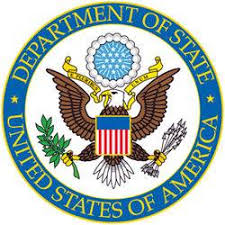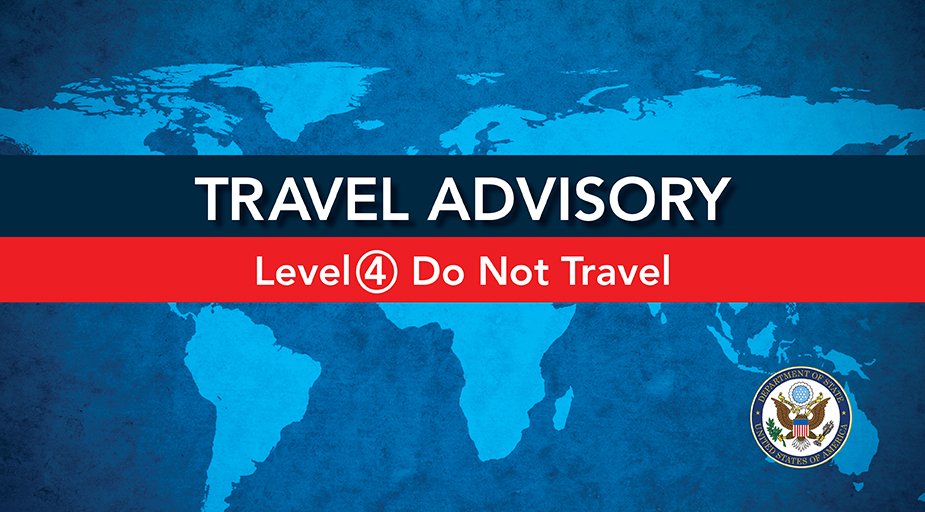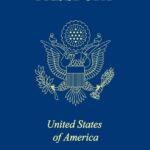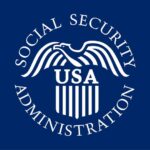
The Department of State advises U.S. citizens to avoid all international travel due to the global impact of COVID-19. In countries where commercial departure options remain available, U.S. citizens who live in the United States should arrange for immediate return to the United States, unless they are prepared to remain abroad for an indefinite period.
At present the Department of State is making every effort to assist U.S. citizens overseas who wish to return to the United States. As the Covid-19 situation develops, our ability to provide such assistance working with commercial airlines or arranging for evacuation flights may become more limited or even unavailable. In recent weeks, commercial airlines have significantly reduced flight schedules and countries have closed airports and borders with little advance notice. If you wish to return to the United States, you should make arrangements to do so now and contact the nearest U.S. Embassy or Consulate for assistance as needed. There is no guarantee that the Department of State will be able to continue to provide repatriation assistance and transportation options to the United States may be unavailable in the future. If you choose to remain overseas, you should be prepared to remain where you are for the foreseeable future.
U.S. citizens who live abroad should avoid all international travel. Many countries are experiencing COVID-19 outbreaks and implementing travel restrictions and mandatory quarantines, closing borders, and prohibiting non-citizens from entry with little advance notice. Airlines have cancelled many international flights and several cruise operators have suspended operations or cancelled trips. If you choose to travel internationally, your travel plans may be severely disrupted, and you may be forced to remain outside of the United States for an indefinite timeframe.
On March 14, the Department of State authorized the departure of U.S. personnel and family members from any diplomatic or consular post in the world who have determined they are at higher risk of a poor outcome if exposed to COVID-19 or who have requested departure based on a commensurate justification. These departures may limit the ability of U.S. Embassies and consulates to provide services to U.S. citizens.
For the latest information regarding COVID-19, please visit the Centers for Disease Control and Prevention’s (CDC) website.
You are encouraged to visit travel.state.gov to view individual Travel Advisories for the most urgent threats to safety and security. Please also visit the website of the relevant U.S. embassy or consulate to see information on entry restrictions, foreign quarantine policies, and urgent health information provided by local governments.
Travelers are urged to enroll in the Smart Traveler Enrollment Program (STEP) to receive Alerts and make it easier to locate you in an emergency. The Department uses these Alerts to convey information about terrorist threats, security incidents, planned demonstrations, natural disasters, etc. For emergency assistance, please contact the nearest U.S. Embassy or Consulate or call the following numbers: 1(888) 407-4747 (toll-free in the United States and Canada) or 1 (202) 501-4444 from other countries or jurisdictions.
If you decide to travel abroad or are already outside the United States:
- Consider returning to your country of residence immediately using whatever commercial means are available.
- Have a travel plan that does not rely on the U.S. Government for assistance.
- Review and follow the CDC’s guidelines for the prevention of coronavirus.
- Check with your airline, cruise lines, or travel operators regarding any updated information about your travel plans and/or restrictions.
- Visit travel.state.gov to view individual Travel Advisories for the most urgent threats to safety and security.
- Visit our Embassy webpages on COVID-19 for information on conditions in each country or jurisdiction.
- Visit the Department of Homeland Security’s website on the latest travel restrictions to the United States
- Visit Keeping workplaces, homes, schools, or commercial establishments safe.
source:









